.png)
For Americans facing the prospect of a cornea transplant, the cost in the United States can be overwhelming, and even with insurance, out-of-pocket expenses are often substantial. Combined with potential waiting lists for donor tissue, these barriers have led many to look abroad. Thailand, a global powerhouse in medical tourism, has emerged as a premier destination for cornea transplant in Thailand, offering world-class surgeons, advanced technology, and unmatched affordability.
Key Takeaways
-
Massive Cost Savings: American patients can save an incredible 60-80% on the cost of a cornea transplant in Thailand compared to the US, with prices for the entire surgical package often being less than the co-pay or deductible of an American insurance plan.
-
Access to Cutting-Edge Techniques: Top Thai hospitals offer the full range of modern keratoplasty procedures, including advanced lamellar techniques like DMEK and DSEK, which provide faster recovery and better visual outcomes than traditional methods.
-
High-Quality Donor Tissue: Thailand has a well-organized and reputable national eye bank system, led by the Thai Red Cross Eye Bank, ensuring that all donor corneas meet stringent international standards for safety and quality.
-
Cornea Transplant Cost Comparison (Approximate):
-
Thailand: A full cornea transplant package (keratoplasty) typically costs between $5,000 and $8,500 USD.
-
United States: The same procedure can cost anywhere from $25,000 to $40,000 USD per eye before insurance.
-
Mexico: Costs generally range from $7,000 to $12,000 USD.
-
Turkey: Prices for a cornea transplant fall between $6,000 and $10,000 USD.
-
What is a Cornea Transplant?
A cornea transplant, or keratoplasty, is a delicate surgical procedure that replaces a diseased, scarred, or damaged cornea with healthy corneal tissue from a human donor, with the primary goal of restoring vision and relieving pain.
The cornea is the transparent, dome-shaped outer layer of your eye. It acts as a clear window and is responsible for most of the eye's focusing power. When it becomes cloudy or misshapen due to disease, injury, or infection, it can severely impair vision. A transplant becomes necessary when less invasive treatments are no longer effective. This sight-saving surgery can treat a variety of conditions, including:
-
Keratoconus: A condition where the cornea progressively thins and bulges into a cone shape.
-
Fuchs' Dystrophy: A genetic disorder causing the innermost layer of corneal cells to deteriorate.
-
Corneal Scarring: Caused by injuries or severe infections.
-
Corneal Ulcers: Open sores on the cornea that fail to heal.
Advanced Keratoplasty Techniques in Thailand
Thai cornea specialists are not just performing standard transplants; they are masters of the latest, most advanced lamellar (partial-thickness) procedures that offer superior results for patients.
While the traditional full-thickness transplant is still effective, leading hospitals in Bangkok and Phuket specialize in these more refined techniques:
Penetrating Keratoplasty (PKP)
This is the conventional, full-thickness cornea transplant where the entire central portion of the damaged cornea is removed and replaced with a full-thickness donor cornea. PKP is highly effective but generally involves a longer recovery period and a higher risk of astigmatism and graft rejection compared to newer methods.
Deep Anterior Lamellar Keratoplasty (DALK)
A more advanced technique for conditions like keratoconus, DALK involves replacing only the front layers of the cornea, leaving the innermost endothelial layer of the patient's own cornea intact. This significantly reduces the risk of graft rejection, as the endothelium is the part most likely to be attacked by the immune system.
Endothelial Keratoplasty (DSEK and DMEK)
These are revolutionary procedures for diseases like Fuchs' Dystrophy that affect only the back layer of the cornea. The surgeon replaces only the damaged endothelial layer. Descemet's Membrane Endothelial Keratoplasty (DMEK) is the most advanced form, replacing an incredibly thin layer of cells. It offers the fastest visual recovery, the best post-operative vision, and the lowest rejection risk of any keratoplasty technique.
.png)
Why American Patients Choose Thailand for Eye Surgery
The decision to travel to Thailand for a cornea transplant is based on a powerful combination of medical excellence, technological superiority, and unparalleled value.
World-Class, JCI-Accredited Hospitals
Thailand is home to over 60 hospitals accredited by the Joint Commission International (JCI), the American gold standard for healthcare. Facilities like Bumrungrad International Hospital and Samitivej Hospital are renowned globally and feature dedicated ophthalmology centers that rival the best in the US.
Elite, US-Trained Cornea Specialists
Many of Thailand's leading ophthalmologists and cornea surgeons have trained at top institutions in the United States, UK, or Australia. They bring back world-class expertise and are often pioneers in performing advanced procedures like DMEK in Asia.
Access to High-Quality Donor Tissue
This is a critical factor for any cornea transplant candidate. Thailand's Thai Red Cross Eye Bank, established in 1965, is a highly respected institution that centrally processes and distributes all donor tissue, ensuring it is screened and preserved according to the highest international safety standards.
Expert Insight: "For an American patient, the quality of care for complex procedures like a DMEK cornea transplant in Thailand is indistinguishable from what they would receive at a top US eye institute. The surgeons are often fellowship-trained in the States, the equipment is identical, and the hospital standards are JCI-certified. The only significant difference is the final bill, which is a fraction of the US price."
Cost of Cornea Transplant: Thailand vs. USA
For uninsured or underinsured Americans, the cost difference is life-changing, making a previously unattainable surgery an affordable reality.
The immense cost disparity is not due to lower quality but to factors like the lower cost of living, efficient hospital administration, and government support for medical tourism. This allows hospitals to invest in the best technology and talent while keeping prices manageable.
Did You Know? The Thai Red Cross Eye Bank is the largest in Southeast Asia and operates on a non-profit, humanitarian basis. This ensures that the allocation of precious corneal tissue is managed ethically and efficiently, providing a reliable source for the country's top hospitals.
The Cornea Transplant Journey: A Guide for US Patients
The process is well-organized and supported from start to finish by dedicated international patient departments at major Thai hospitals.
-
Step 1: Remote Evaluation and Planning: The process starts from home. You will send your medical records, cornea scans, and diagnosis from your US ophthalmologist to the Thai hospital. A virtual consultation with the cornea specialist will be arranged to confirm your candidacy and discuss the best surgical technique.
-
Step 2: Arrival and Pre-Operative Care: Upon arrival in Bangkok, you will have a comprehensive in-person examination, including detailed eye scans. You will meet your surgeon to finalize the plan and ask any remaining questions.
-
Step 3: The Surgical Procedure: The transplant is usually performed as an outpatient procedure under local or general anesthesia and typically takes one to two hours.
-
Step 4: Recovery and Follow-up in Thailand: This is a crucial phase. After surgery, your vision will be blurry, and you will need to administer eye drops frequently to prevent infection and rejection. You must plan to stay in Thailand for at least two to four weeks for critical follow-up appointments to monitor the graft's health.
.png)
Frequently Asked Questions (FAQs)
What is the success rate for cornea transplants in Thailand?
Success rates at top Thai hospitals are excellent and on par with leading US centers, typically over 90% for the graft remaining clear one year after surgery. The rate can vary depending on the patient's underlying condition.
Can my body reject the donor cornea?
Yes, graft rejection is a risk with any transplant. However, the risk is lowest with modern procedures like DMEK. Diligent use of anti-rejection eye drops as prescribed by your surgeon is crucial to prevent this. Early signs of rejection can often be treated successfully.
How long is the waiting list for a cornea in Thailand?
Because of the efficiency of the Thai Red Cross Eye Bank, the waiting time for non-emergency cases is often significantly shorter than in many parts of the US. Many procedures can be scheduled within a few weeks of the initial consultation.
How long will I need to stay in Thailand for the entire process?
You should plan for a stay of at least 2 to 4 weeks. This allows for the pre-operative consultation, the surgery itself, and several essential post-operative check-ups before you are cleared to fly home.
What is vision like after a cornea transplant?
Vision recovery is gradual and can take several months to a year to fully stabilize, especially after a PKP. Patients who undergo DMEK or DSEK often experience much faster visual recovery. You will likely need new glasses or contact lenses once your vision has stabilized.
Is a visa required for Americans traveling to Thailand for surgery?
American citizens can typically enter Thailand for up to 30 days without a visa under the Visa Exemption Rule, which is usually sufficient for a cornea transplant journey. Always check the latest visa regulations before travel.
What's included in a surgical package?
A comprehensive package typically includes the surgeon’s fee, anesthesiologist's fee, operating room charges, the cost of the donor cornea tissue, and the initial set of post-operative medications and check-ups.
Restore Your Sight with PlacidWay
The gift of sight is priceless. Don't let cost or waiting lists stand in the way of your vision. PlacidWay connects you with Thailand's most esteemed cornea specialists and JCI-accredited eye centers. We provide the trusted guidance, transparent pricing, and verified information you need to embark on a safe and successful journey to restored vision.
Contact PlacidWay today for a FREE, personalized quote for your cornea transplant in Thailand and see the world clearly again.


.png)
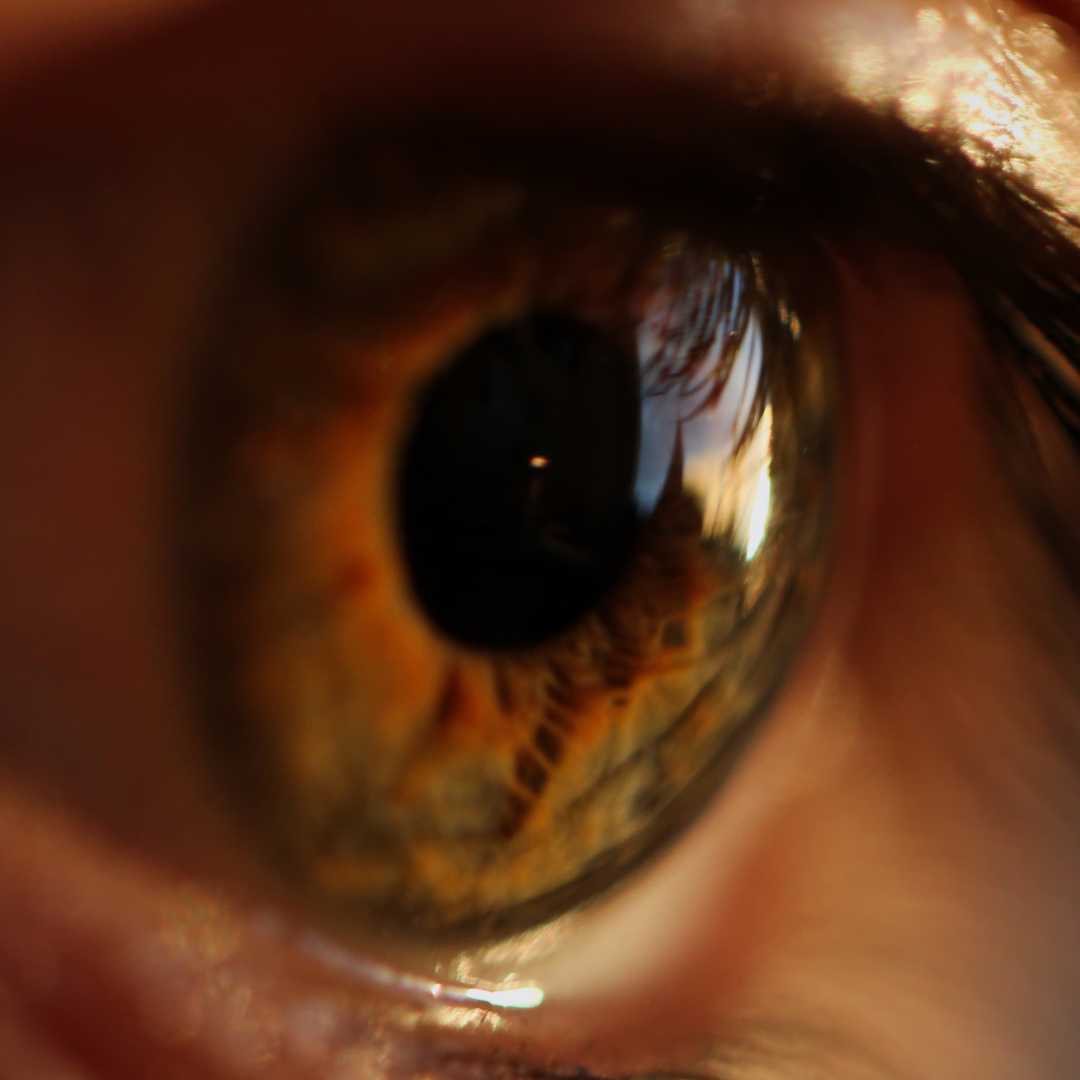



.png)



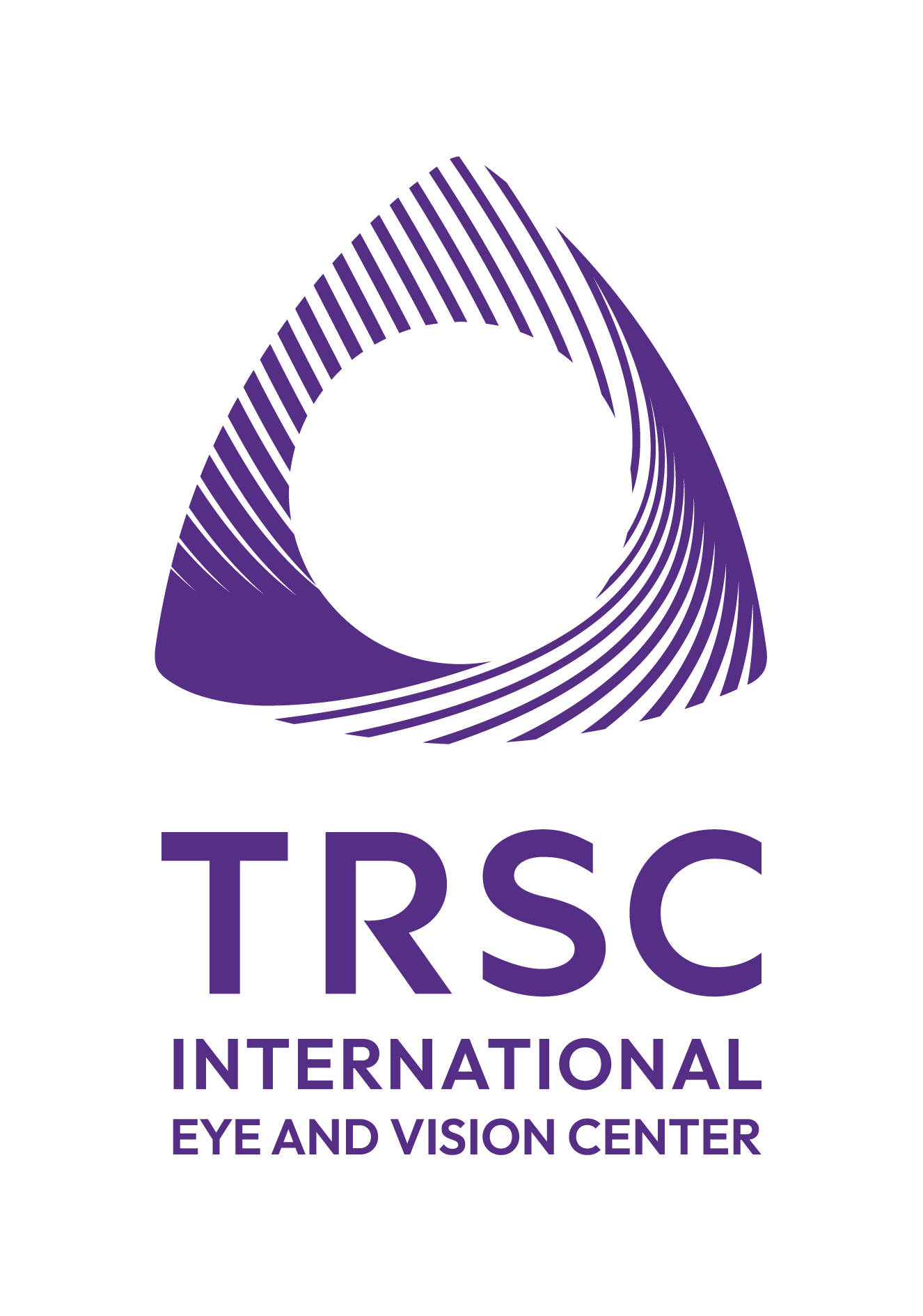
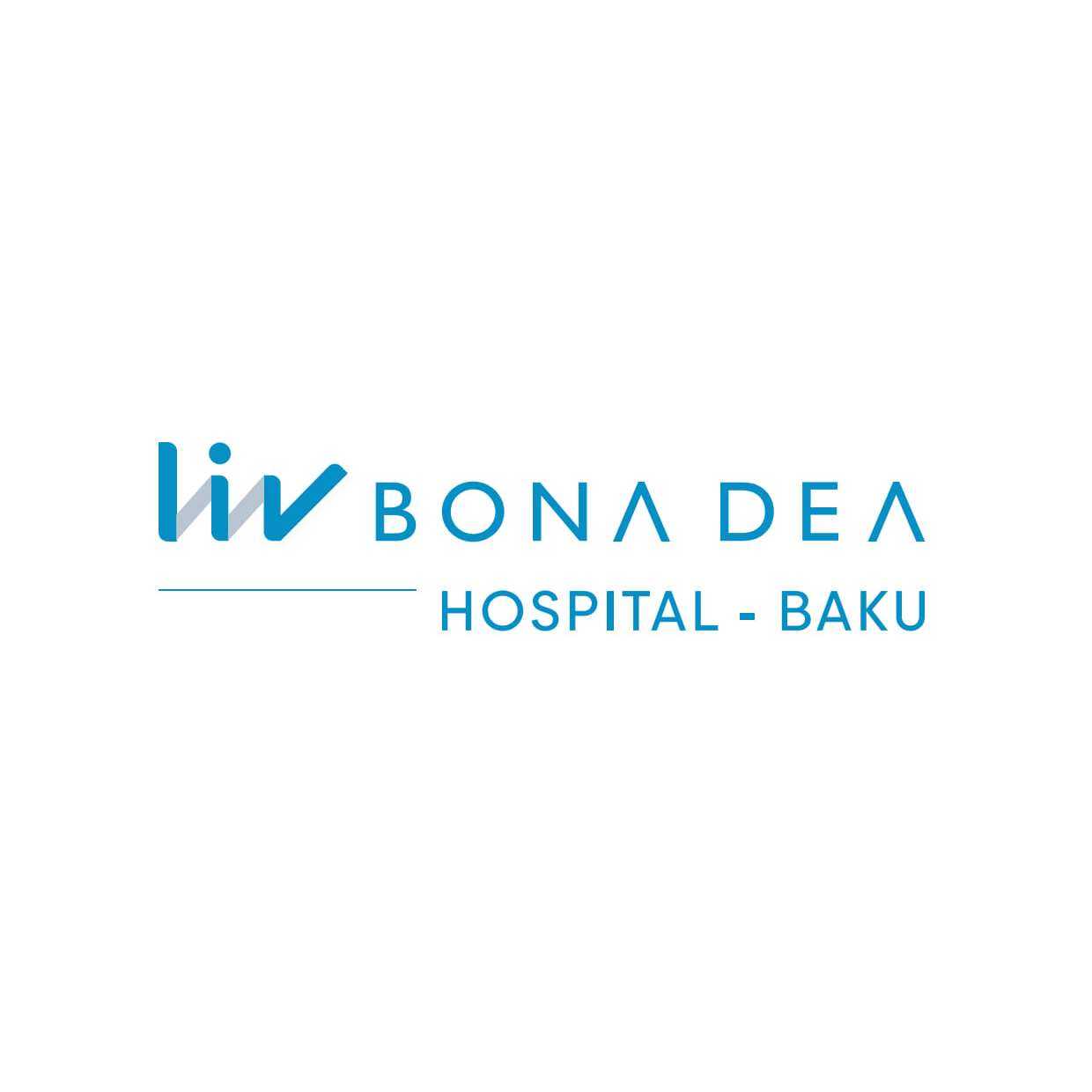
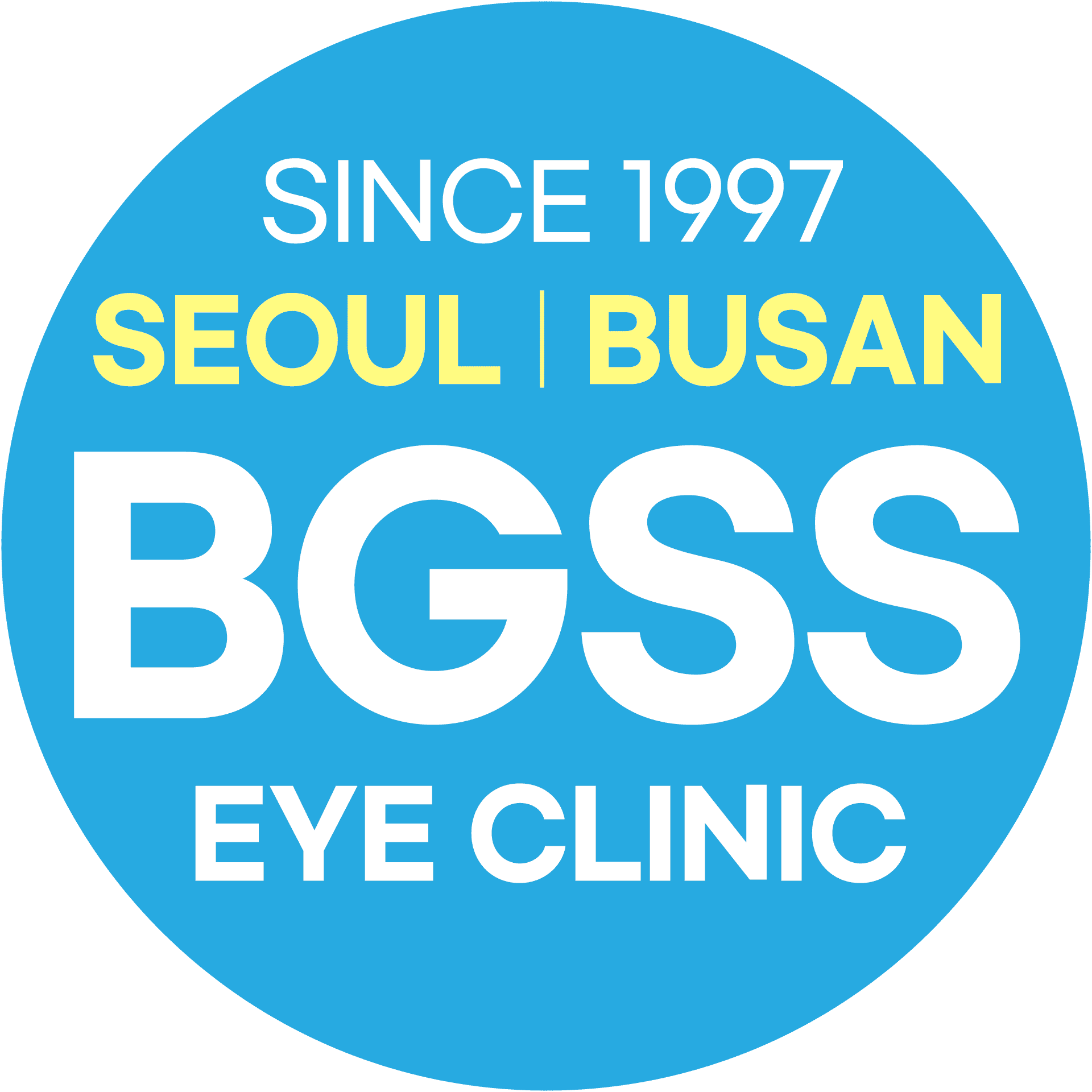
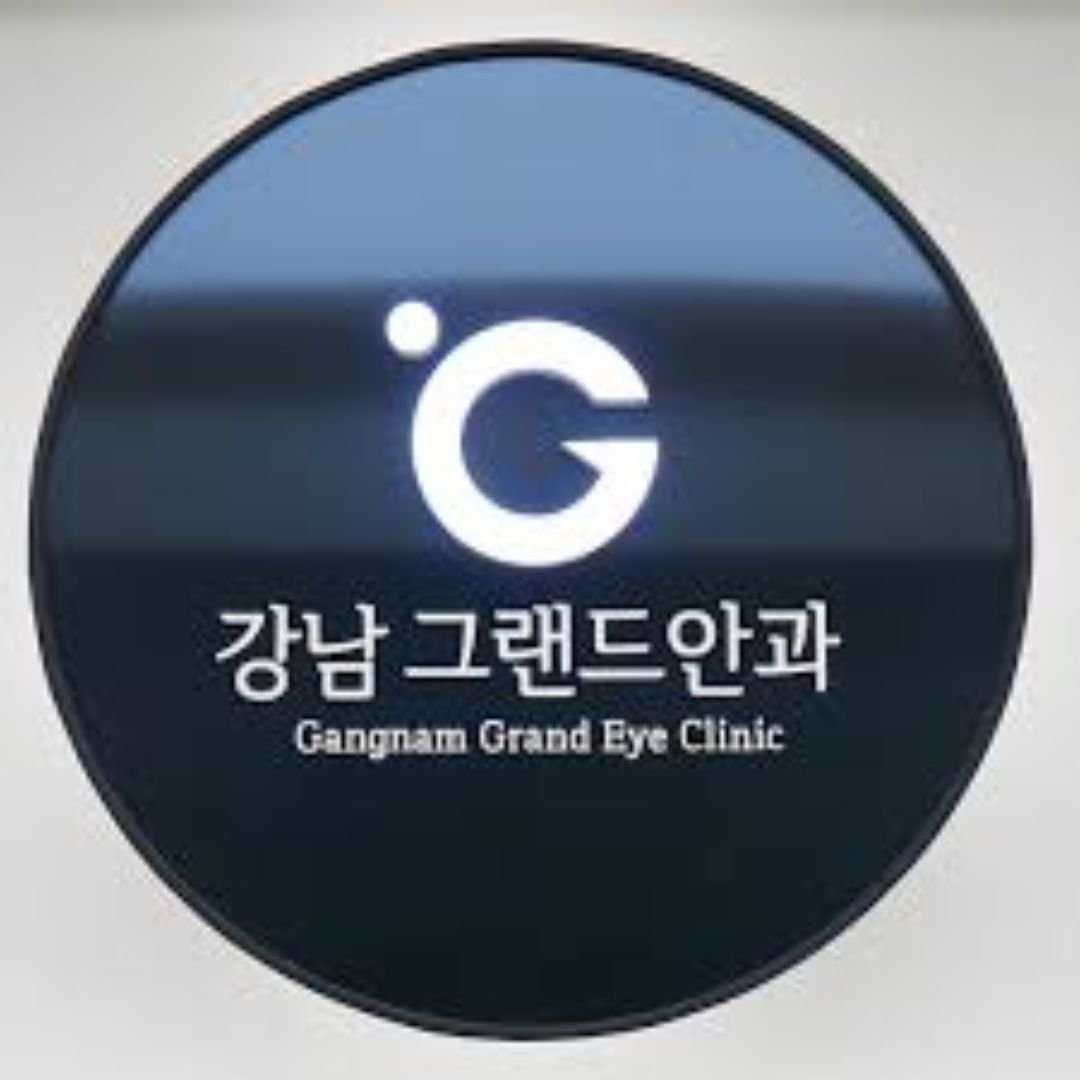

Share this listing